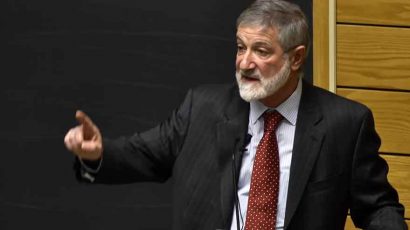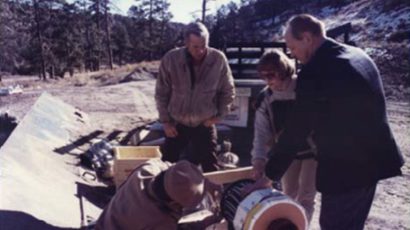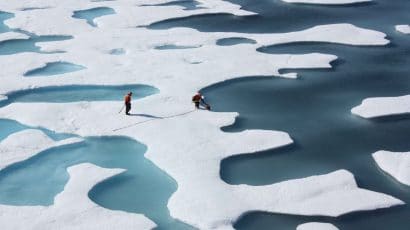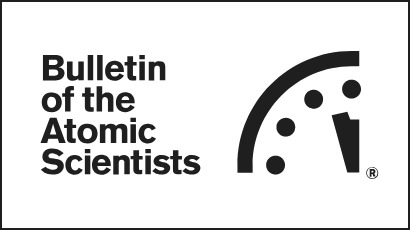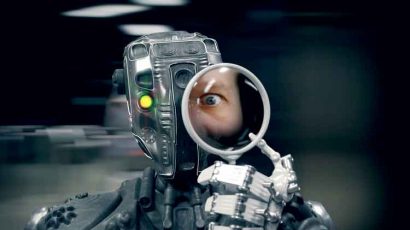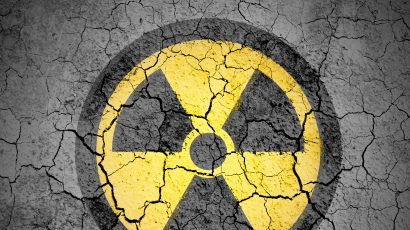By J. Samuel Walker | Mar 18, 2009
When the Three Mile Island accident occurred on Wednesday, March 28, 1979, I was an interested but distant observer. I had been informally offered a job as the associate historian of the U.S. Nuclear Regulatory Commission (NRC) but was still waiting for the final paperwork to be processed. I read all that I could about the accident in newspapers and magazines to try to understand, with mixed success at best, what had happened on the morning of the accident and the five days of tense uncertainty that followed.
